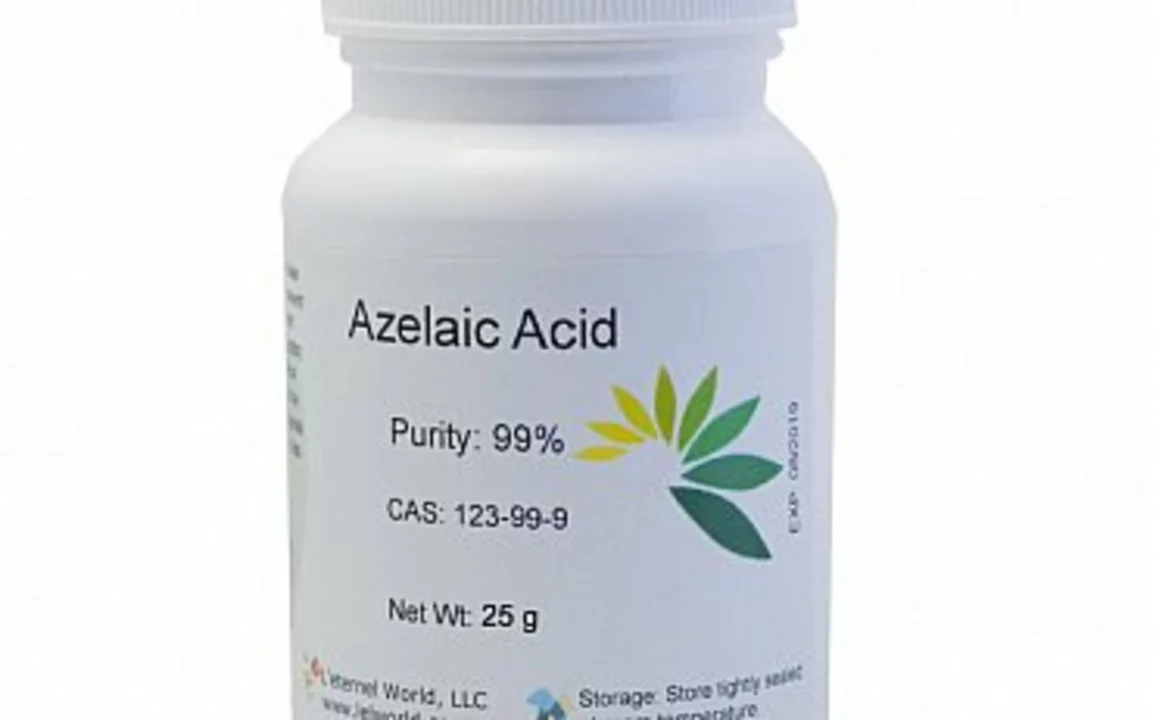Relationship: How Medications, Choices and Care Connect
Do you wonder how one drug affects another, or which alternative fits your condition? This tag groups straightforward guides and comparisons that show the connections between medicines, treatments, suppliers, and everyday health decisions.
Here you’ll find pieces that explain real-world links: drug interactions, safer buying options, alternatives when a medicine isn’t right, and how lifestyle or supplements tie into treatment. Examples include interaction checks like “Alendronate Drug Interactions,” alternatives lists such as “7 Alternatives to Ciprofloxacin,” and buying guides like “How to Safely Buy Isoniazid Online.”
What this tag covers
Practical stuff, not theory. Expect clear how-to guides (for example, how to order Motrin online safely), direct comparisons (Best Viagra Alternatives), safety warnings (energy drinks and heart risk), and product reviews that matter when you choose a supplier (NorthwestPharmacy alternatives or homepills-shop review). Each article focuses on one link at a time so you can act on it.
Need to know about side effects that change other treatments? There’s content on Abilify and indomethacin that explains when a drug may alter your plan. Want alternatives because of cost or side effects? Check the articles comparing Esomeprazole options or Pioglitazone (Actos) details. Looking for supplements and natural choices? You’ll find pieces on perilla, shark liver oil, and essential oils that explain benefits and risks in plain language.
How to use these articles safely
Start by reading the article that matches your question. If it’s about interactions, note the specific drugs and suggested monitoring. If it’s about alternatives, look for who should avoid each option. For buying meds online, focus on pharmacy verification tips, prescription rules, and shipping risks.
Always double-check with a clinician before changing meds. Use the tag to prepare questions for your doctor: list current drugs, mention side effects, and ask about cheaper or safer options. If you’re buying online, bring article notes to a pharmacist so they can confirm legitimacy and dosing.
Want a quick tip? When you see a new option—generic or supplement—search the site for terms like “interactions,” “alternatives,” or “safety” along with the drug name. That pulls up related posts here so you get the full picture before deciding.
This tag is a shortcut to practical links between treatments, suppliers, and health choices. Read the short guides, compare options, and then check with a professional. Use the articles to make smarter, safer decisions about medications and care.

The Relationship Between Azelaic Acid and Skin Microbiome Balance
In my recent research, I've discovered the fascinating relationship between azelaic acid and skin microbiome balance. Azelaic acid, a naturally occurring substance found in grains, has been shown to help regulate our skin's microbiome, that delicate ecosystem of microorganisms living on our skin. By reducing inflammation and targeting harmful bacteria, azelaic acid promotes a healthy balance and can even help treat conditions like acne and rosacea. Incorporating azelaic acid products into our skincare routine not only improves our skin's appearance but also contributes to its overall health. I am excited to continue exploring this promising ingredient and its role in maintaining our skin's delicate harmony.
